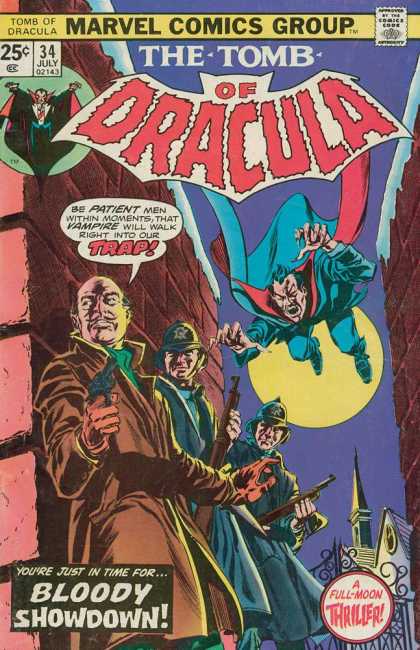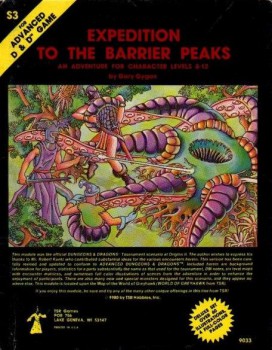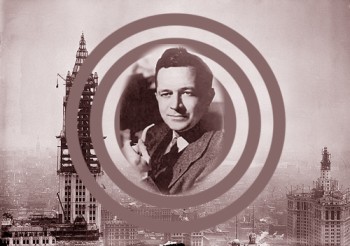Why John Clute Cracks Me Up…
 The June 20th edition of John Clute’s Scores column is a case study in vocabulary intensive prose that, albeit sometimes with a little bit of work on the reader’s part, is as evocative of strange worlds as the material he is reviewing. Here’s the set up for a piece ostensibly about the Jonathan Strahan edited Engineering Infinity anthology:
The June 20th edition of John Clute’s Scores column is a case study in vocabulary intensive prose that, albeit sometimes with a little bit of work on the reader’s part, is as evocative of strange worlds as the material he is reviewing. Here’s the set up for a piece ostensibly about the Jonathan Strahan edited Engineering Infinity anthology:
A few weeks ago I left London and entered the future again. I was about to fly in an oldish plane from one old airport in England to another old airport in Norway, in order to give a talk about the world city in the twenty-first century. I felt I was as entitled to talk about the world I lived in as any of the rest of us: that larger half of the world’s sum of homo sapiens who have become treeless in this century, veldtless, farmless, parkless, legless; but who have become, necessarily, just streetwise enough to know where the nearest just-in-time cloaca disgorges pellets of the fungibles we ingest like battery hens; and who breathe the poison gas of Pax Aeronautica when we travel. So I left London on the Gatwick Express and began the process of becoming “John Clute”: which is to say becoming a readable portion of the original entity indistinguishable (to all purposes) from the barcode that tracked its transit to come. And so the “John Clute” packet arrived at Oslo Airport, and began to breathe life into itself again. I felt repurposed. It crossed my mind that transiting the aeropolis worldnet was a bit like experiencing matter transmission in SF; and I had a quick flash memory of A J Budrys’s blackly proleptic Rogue Moon (1960), a book which in retrospect seemed like a description of the way we lose ourselves in travel in 2011. I walked with my fellow recovering barcodes to luggage reclaim, where the system had jammed, leaving most of our worldly gear stuck somewhere in the bowels. There was dead silence in the vast space. Two things came to mind. One: that when a zero-redundancy just-in-time system seizes up, the part of the world machine that has been affected by the dysfunction ages instantly, like an abandoned shopping mall, or some matrix-world when the electricity is turned off. Mourning becomes entropy. Two: that the emotion felt by passenger units, when their codings have been defaced by a failure of the world-machine, is shame.
It takes a few readings to figure out exactly what the hell he’s talking about, but eventually it occurs to you that there is something genuinely profound about this. As to what he thinks about the Strahan book, well, that’s largely besides the point. And I still don’t get why missing luggage in the machine should evoke shame. Anger or frustration or resignation, I get. But shame? What am I missing here?



 So I’ve been listening to
So I’ve been listening to 
 Harry Potter author J.K. Rowling announced this morning (video
Harry Potter author J.K. Rowling announced this morning (video  For about a week, rumors have been swirling across the internet about the exact nature of
For about a week, rumors have been swirling across the internet about the exact nature of  The Vampire Tarot
The Vampire Tarot

 I’m a nut about the trivia of dates, so the moment I heard about the birth of my second nephew, A. Dean Martin (yes, really), I had to look up the famous people who share his birthday of June 16. The list includes philosopher Adam Smith, legendary film comedian Stan Laurel, and Apache leader Geronimo. Oh, and some fellow named Murray Leinster.
I’m a nut about the trivia of dates, so the moment I heard about the birth of my second nephew, A. Dean Martin (yes, really), I had to look up the famous people who share his birthday of June 16. The list includes philosopher Adam Smith, legendary film comedian Stan Laurel, and Apache leader Geronimo. Oh, and some fellow named Murray Leinster.